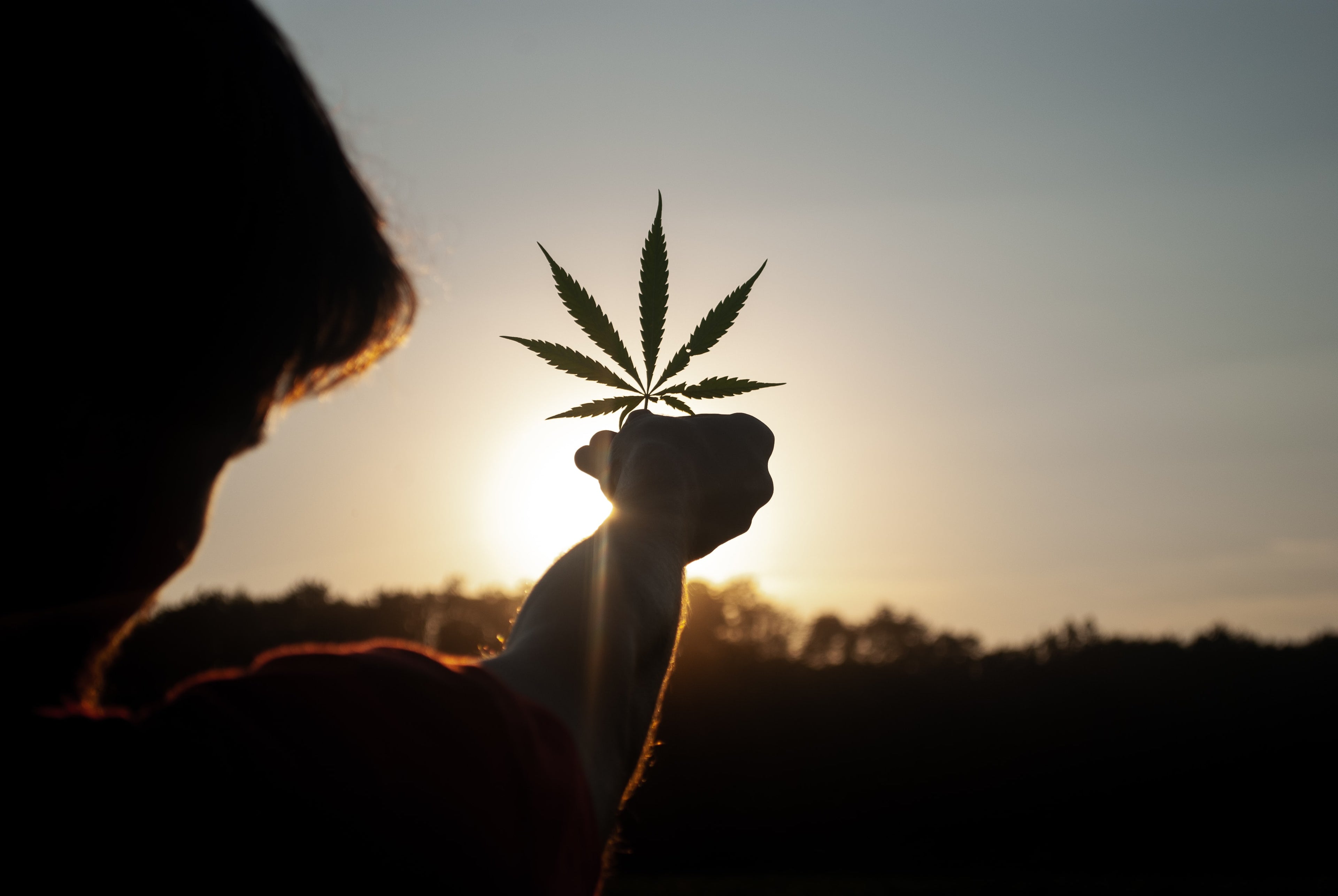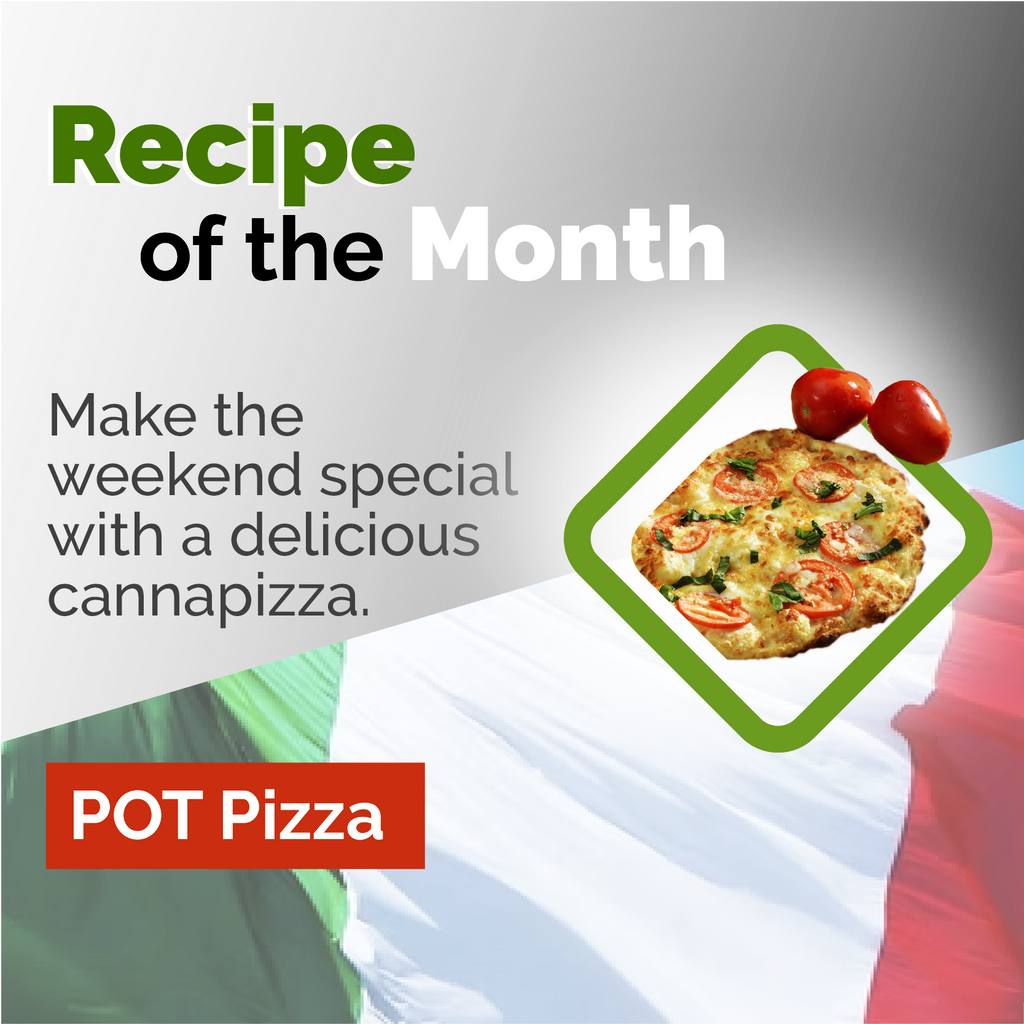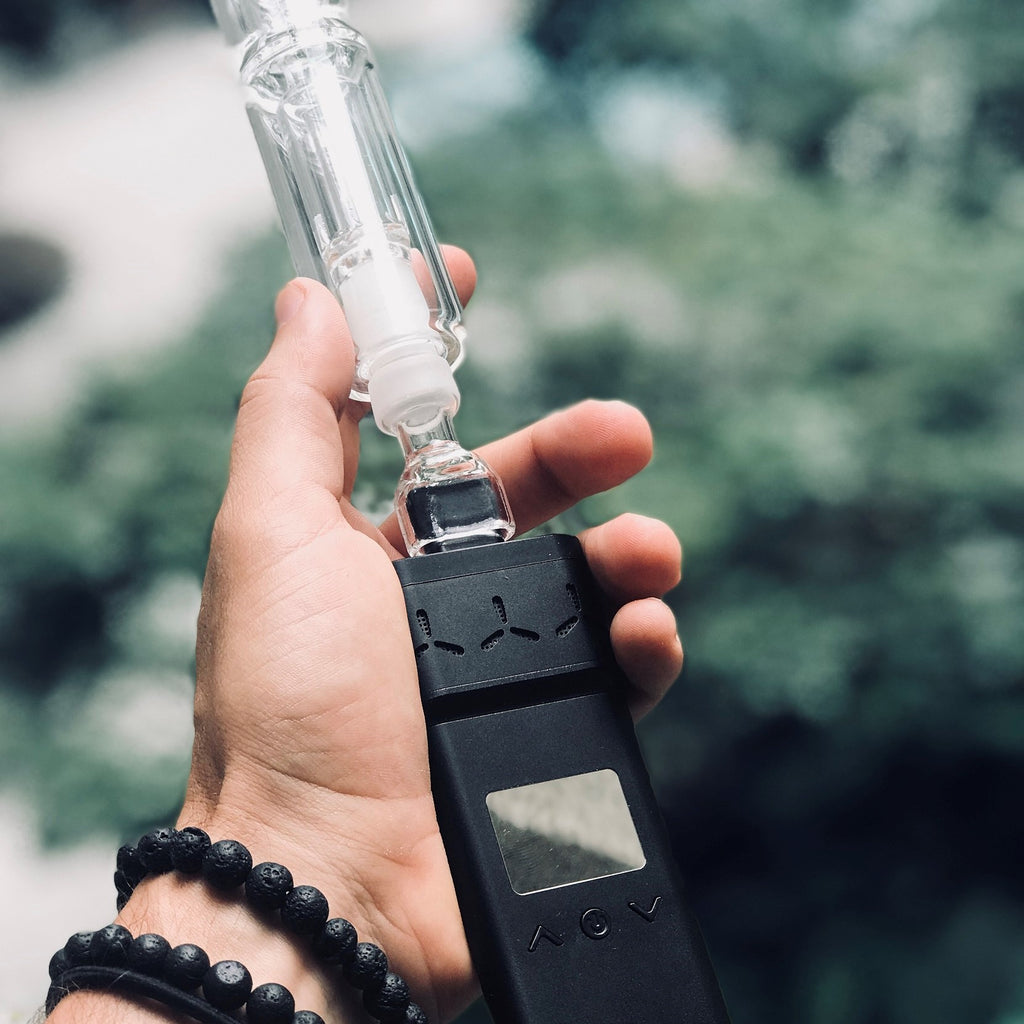Is Hemp a super plant?

Best uses and most excellent products of Hemp
Hemp has a long and rich history as a plant and as a commodity used by many people. It's an agricultural crop that has been grown for decades, with some of the earliest civilizational traces discovered being hemp fiber used as a cloth back in 8000 BC.
One would think that if humans from so long ago knew of the benefits of Hemp, we'd learn and improve from what they did and unlock the potential of Hemp even further.
However, it wasn't to be. Despite centuries of use worldwide, Hemp was widely prohibited around the world until very recently, spurred on by the US criminalizing it in the early 20th century.

Now in the 21st century, Hemp has varying degrees of legality and illegality worldwide. While more and more countries are coming around to Hemp due to all its benefits, there are still many countries where cultivation is illegal, which unfortunately continues to exist even now in 2021.
After the restrictions in the US were abolished, hemp output in the United States surged, and the country is now the world's third-largest producer of Hemp.
Hemp is a bit of a super plant. Every bit of it can be utilized in some way or another.
There's no waste associated with it like other crops, and it has several nutritional, health, and environmental benefits that can't be ignored.
For farmers and people in the agricultural sector, that's almost unheard of: nearly every crop in existence has a significant amount of waste, so Hemp naturally became a crop of choice for many. While demand has gone down, many farmers still cultivate Hemp today.
It's a Near Zero Waste Plant

The fact that most components of the plant may be harvested to generate a wide variety of products is a testament to Hemp's flexibility and versatility.
When the plant's stalk is chemically processed, it may be used to make ropes, textiles, and even plastic.
The leaves and blossoms are utilized to create CBD extracts and oils, while the seeds can be used to make milk, and that's barely scratching the surface; there are so many uses for Hemp.
It's no surprise, then, that since the legalization of commercial Hemp, thousands of farmers have begun to cultivate Hemp.
Unlike many other plants and species, Hemp is a nearly zero waste plant, with no part of the plant going to waste: every stem, fiber, root, seed, leaf, and flower can be used for something.
For farmers who are growing other crops, it also makes a lot of sense for them to do so, given that Hemp absorbs carbon dioxide and releases oxygen into the soil.
Additionally, much like mangroves, Hemp prevents soil erosion and resists excess water from taking away layers of topsoil. These factors massively help cultivate other crops, aside from Hemp itself, a sought-after plant to grow and use!
So what are some of the things that you can buy or make with Hemp?
Hemp is essentially the same species as the cannabis plant: the crucial point of difference, especially legally, is the amount of THC present in it.
In the US, Hemp needs to have less than 0.3% of THC to be classified as Hemp. This varies by region: Japan, for example, requires it to be very close to 0%. With cannabis and Hemp being similar, there are many similarities in the benefits they provide (with Hemp having an even more extensive list of benefits in some ways).
They're both excellent for pain management, and the CBD extracted from both has a wide range of therapeutic benefits.
Hemp is also very nutritious, with its seeds having a very balanced and nutritional solid profile: they have tons of protein, magnesium, iron and are an excellent food item for better skin, stress management, cholesterol, and a host of other health issues.
From milk to oils that help deal with pain to making excellent paper, clothes, and food, Hemp is a very versatile and valuable plant that has many beneficial uses.
Hemp can also be used to make plant-based milk, versatile biodegradable plastics, papers and ropes, and textile products, among many more.
It's earned itself the moniker of a super plant because of the sheer number of things it can be used as and for.
However, more people have appreciated how versatile and beneficial Hemp can be. The sheer number of things it can be used for and as is staggering, and the recent legalization of Hemp has led to some cool and nifty products.
Hemp Seed oil

Like any other oil obtained from plant seeds, Hemp oil is extracted by cold-pressing the plant's seeds.
The hemp seed oil contains a lot of antioxidants, omega-3 and omega-6 fatty acids, which are essential to our body and help improve cognitive functioning and help improve memory and reduce chances of age-related brain function decline.
The hemp seed oil also boosts immunity, is an excellent anti-inflammatory, and can be used effectively to improve your hair and skin as well.
With acne and eczema being a couple of skin issues that hemp seed oil is excellent at fighting, it contains inhibitors such as linoleic acid, which reduces sebum production and rejuvenates dead skin. It's also packed with several vitamins, particularly Vitamin A and Vitamin C.
Contrary to common assumptions, Hemp seed oil does not contain CBD and varies significantly from CBD oil.
The misconception has existed since CBD rose to prominence in the mainstream because many products primarily have CBD that is produced from Hemp, which is the hemp plant rather than the hemp seed.
CBD oils are usually extracted from the cannabis plant's leaves, stems, and flowers.
Hemp Essential Oils
Hemp essential oils are a surprise. There are two kinds of hemp essential oils that you'll find, based on the process and material used.
The first type is made from hemp seeds infused with other oils. It's excellent for aroma diffusers but not much for therapeutic use.
The second type of essential hemp oil is extracted by steam distilling the plant's top leaves, and flowers have CBD in them. This process catches the plant's essence in its purest form and is excellent for therapeutic properties for the central nervous system and its wonderful aroma.
The color usually ranges from pale yellow to light green when freshly extracted.
One ounce of Hemp essential oil requires more than fifty pounds of Hemp.
Hemp essential oil in this process may be used in a variety of ways to aid with anxiety and sleep problems. The oil may be used in diffusers, hot steaming bathwater, and massages when blended with carrier oils.
Hemp Beers
Beer made from Hemp has great taste and flavor, and while it doesn't have CBD or THC, it still makes a great lager and pays homage to some of the 1st beers that were probably brewed from Hemp!
This sounds a little bonkers, but this is close to true: the beer we know of today originated from hemp seeds and leaves.
We don't know for sure, but it does seem to hold some ground as a theory. Anyway, Hemp-based beers are somewhat popular as a niche drink, and a lot of it has to do with the flavor profile: it has a bubbly but very earthy and thick feeling to it that you wouldn't expect from something made out of a form of cannabis.
It does depend on the type of beer (wheat ales, IPA's, brown ales, etc.) that it's added to. No hemp beers will have any THC or CBD because they're made using hemp seeds!
Hemp Plastics
Hemp plastics are a type of bioplastic that is growing increasingly popular when pollution from petroleum-based plastics is on the rise.
Cellulose derived from Hemp may be used to manufacture cellophane, rayon, and celluloid, among other plastics.
These are commonly found in automobiles, musical instruments, plastic bottle manufacturing, and even shopping bags. Biodegradable hemp-based polymers disintegrate in around three months (unless chemically tweaked to prolong their shelf life).
While hemp-based plastics are workable in the near term and on a small scale, they are very water-dependent. They require far too many resources to replace existing single-use plastics economically, if at all.
While Hemp might replace other forms of plastic, the resources required are too costly, especially since single-use plastics are among the most polluting due to their widespread use.
With microplastics and plastic pollution becoming a focal point in our fight against climate change, increasing and improving testing and resources to make hemp plastics viable is a significant undertaking that needs more attention and support immediately.
Hemp Milk
Hemp milk is one of the best uses of hemp seed and is a fantastic alternative for vegans who wish to avoid dairy and those who want to avoid the extra carbohydrates and calories that full-fat milk contains.
It also has no soy, gluten, or lactose. It has no mind-altering properties and is simple to prepare at home: simply crush hemp seeds with water to get raw hemp milk with a creamy texture and nutty flavor.
Apart from the apparent benefits for vegans and others who avoid gluten and lactose, hemp milk is excellent for your skin, thanks to its moisturizing characteristics.
Much like the hemp seed, its nutritional value is fairly balanced, not tipping over to either side too heavily. The only downside to making hemp milk at home is that you'll require a large number of hemp seeds, and that can become expensive depending on where you live.
It's also, in some ways, an acquired taste, with some people not liking Hemp-based milk too much, even when flavored.
Its heavy feeling and taste can be off-putting to some, and while it does have many health benefits and is a viable option as a milk alternative, there are plenty of others that people would like a lot more. It's a personal choice at the end of the day.
Hemp Biofuel
Hemp-based biofuel is a fascinating yet delayed foray into sustainably sourced fuels. Theoretically, we can continue to use our diesel and gas-powered engines while powering them with Hemp based biofuels.
Most Hemp-based biofuels or biodiesel can be derived from hemp seeds as it's the most viable option. Studies have suggested that hemp seed-based oil conversion to hemp biodiesel is around 97%, which is a very high percentage of efficacy.
While hemp biofuel can't yet be used directly, it can definitely be blended into existing fossil fuels to improve the fuel's quality, efficiency, and sustainability. The main hurdles observed by most research seem to be political and some technological challenges.
Hemp seed oil to hemp biodiesel has a conversion rate of 97% and can be used effectively as blends for existing fossil fuels to reduce carbon emissions significantly.
Hemp has tons of uses and is an incredibly beneficial plant, but it does have some drawbacks. Processing hemp flowers and stems can be expensive in certain uses, like essential oils.
When used for clothing and textiles, it's also can be water-intensive and have a medium-sized carbon footprint.
However, when looked at as a whole, Hemp does have lots of potential as a sustainable source for a vast array of fantastic uses. Some improvements in the manufacturing side of things can and primarily has made this a viable alternative that's excellent all around.


